Subtotal $0.00
WELCOME TO FOOD GRADE COMPANY
Call anytime 24/7
+994 55 857 18 05 Spice
Spice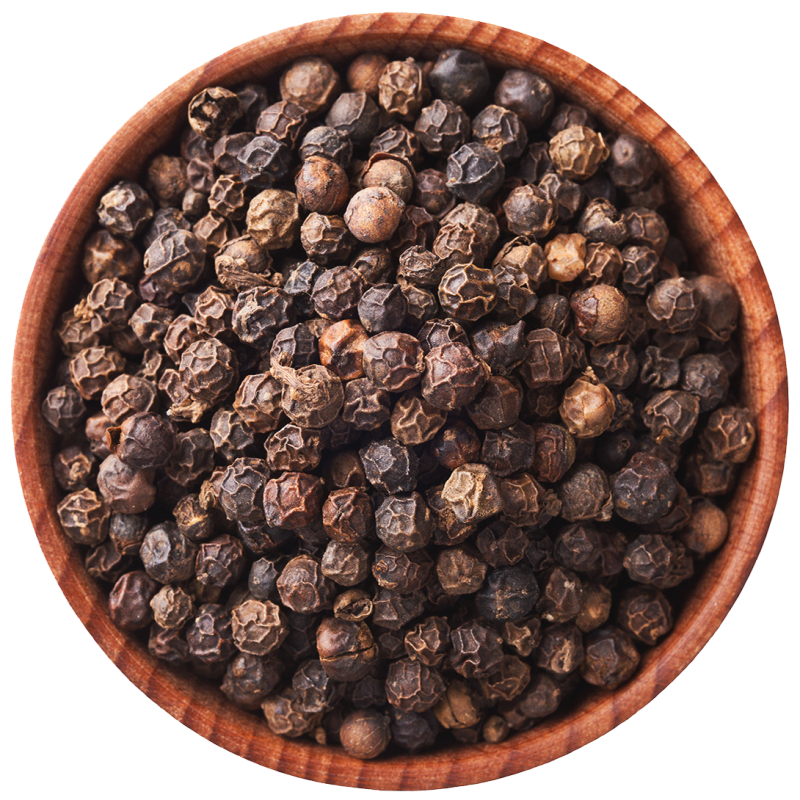
Black pepper has many health benefits. Some of them are: Digestive health: Black pepper contains a compound called piperine that helps stimulate the digestive system. This compound increases the secretion of stomach acids, which facilitates digestion and prevents constipation. Antioxidant properties: Black pepper contains many nutrients and compounds with antioxidant properties. Thanks to these properties, it can protect the body from free radicals and protect against many diseases such as cancer. Strengthens the immune system: Black pepper can strengthen the immune system due to the vitamin C and other nutrients it contains. The immune system protects the body against infections. Anti-inflammatory properties: Certain compounds in black pepper have anti-inflammatory properties. Thanks to these properties, it can help relieve symptoms such as pain and swelling in arthritis and other inflammatory diseases. Blood sugar control: Some studies have shown that black pepper can help regulate blood sugar levels. Thanks to these properties, it can help fight diseases such as diabetes. Weight loss: Black pepper can speed up the metabolism due to the combination of piperine in it. Thanks to these properties, it can help you lose weight. Apart from these benefits, black pepper has many other benefits. However, it is important that people with any health problems consult their doctor first.


Fenugreek is an herb and spice used in many cultures to flavor food and for its health benefits. Fenugreek seeds are also used for the medicinal properties of this plant. Fenugreek seeds contain various vitamins, minerals and fiber. It also contains bioactive components such as saponins, alkaloids and flavonoids. Fenugreek seeds are associated with the following health benefits: Diabetes control: Fenugreek seeds contain compounds that regulate blood sugar levels and reduce insulin resistance. Benefits for Lactation: Fenugreek seeds can be used to increase milk production. It is traditionally used by lactating mothers to increase milk production. Digestive health: Fenugreek seeds contain anti-inflammatory and antioxidant compounds that can support digestive health. Heart health: Fenugreek seeds contain compounds that can regulate blood pressure and lower cholesterol levels. Testosterone boosting effects: Fenugreek seeds contain compounds that can be used to increase testosterone levels in men. However, excessive use of fenugreek seeds can cause some side effects. Excessive use can cause digestive problems such as diarrhea, gas, bloating, headaches and dizziness. It is recommended that you consult your doctor before consuming fenugreek seeds.

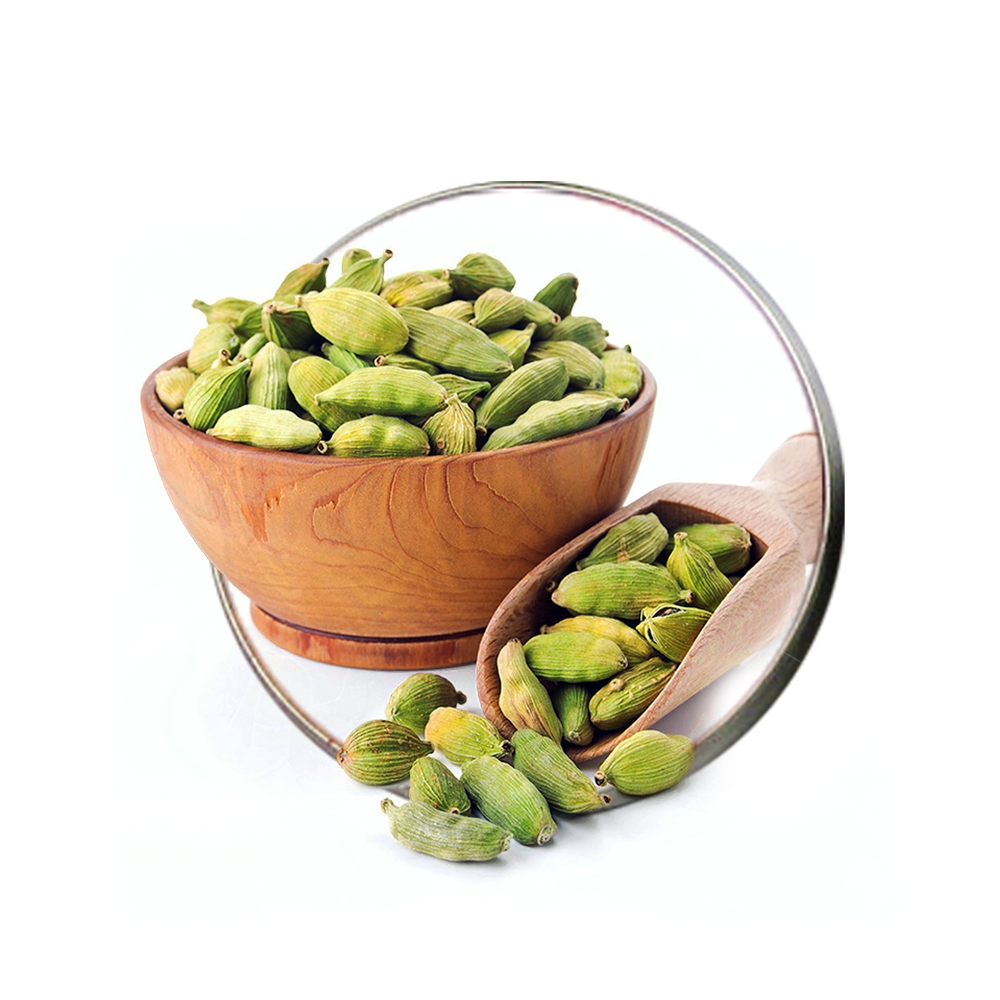
Known as the "Queen of Spices," cardamom is a perennial herb with a pseudostem and thick, irregularly shaped rhizomes. Cardamom grows wild in the Western Ghats of South India. Dried fruits or cardamom capsules are sold as a spice. In the spice trade, there are several commercial varieties of cardamom, with whole cardamom as the primary product, ground form as a secondary processing product, and oil and oleoresin extract as value-added products. Cardamom is mainly used as a flavoring agent in the food industry. Cardamom oil is used to flavor drinks and beverages such as coffee and tea.


Chili pepper is a spice obtained by grinding red pepper, it can be hot or sweet. It is used as a flavoring ingredient in many cuisines. Chili peppers may also provide health benefits. Some of the benefits of chili peppers are: Metabolism booster: Paprika contains a compound called capsaicin. This combination can help you lose weight by increasing your metabolic rate. Anti-inflammatory: Capsaicin in chili peppers can help relieve pain by reducing inflammation in the body. Heart health: Chili peppers contain antioxidants that may benefit heart health. Some studies show the positive effects of capsaicin on heart health. Anti-cancer: Capsaicin and other antioxidants in chili peppers inhibit the growth of cancer cells. Immune system booster: Paprika contains vitamin C which can boost the immune system. Excessive consumption of chili peppers can cause stomach upset in some people. Also, excessive consumption can cause side effects such as irritability, insomnia and high blood pressure. Therefore, it is best to limit the amount and consult your doctor before consuming chili peppers.

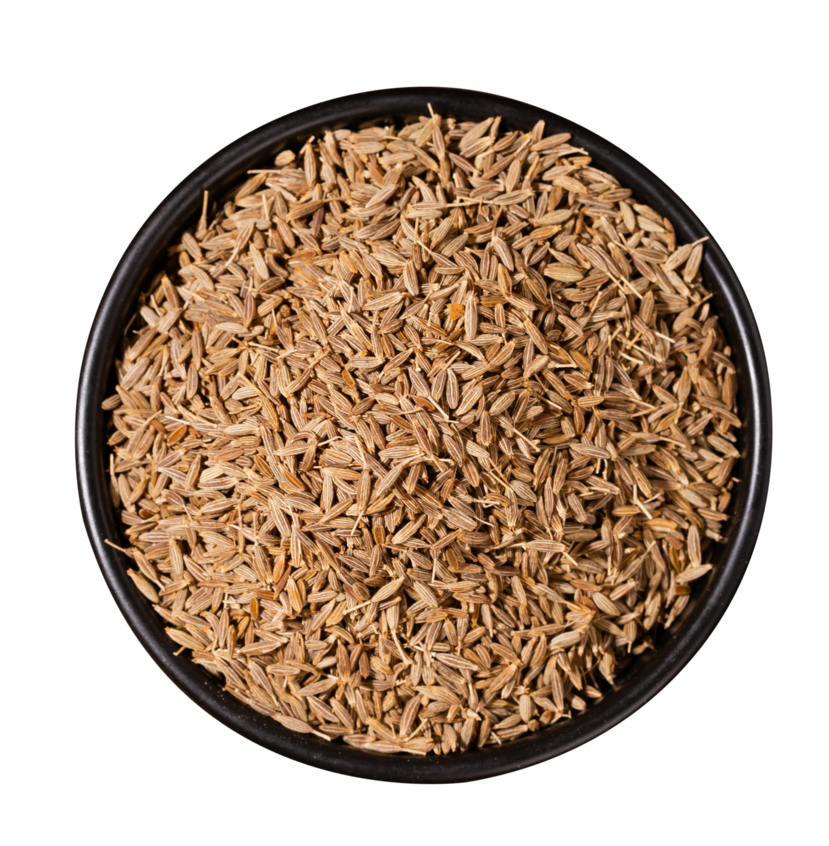
Cumin is known as a spice and herb used in many cultures. It is famous for both its taste and health benefits. Some of the health benefits of cumin are: Digestive health: Cumin has been used for digestive health throughout history as it is good for digestive problems. Cumin can help reduce gas, bloating, cramping, and stomach pain. Antioxidant properties: Cumin contains a high amount of antioxidants. Antioxidants are compounds that protect the body from the harmful effects of free radicals. Anti-inflammatory properties: Cumin is known to have anti-inflammatory properties. These properties can help protect against inflammatory diseases. Lowers Cholesterol Levels: Cumin can help lower cholesterol levels. Some studies have shown that cumin can lower LDL ("bad" cholesterol) levels. Blood sugar control: Cumin can help regulate blood sugar levels. Some studies show that cumin lowers blood sugar levels and reduces insulin resistance. Fights Cancer: Cumin can help prevent the growth of cancer cells. Some studies have shown that cumin may be protective against certain types of cancer, especially colon cancer, breast cancer, and prostate cancer.

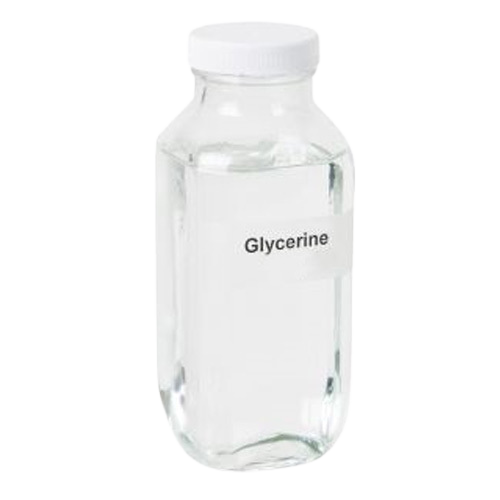
99.7 percent USP (US Pharmacological Standard) grade food glycerin, highly purified and officially approved for food production. It is classified as E422 in the food industry. It is an important tool in the production of various pastries, sweets, preserves, jams. It achieves a suitable product consistency. to be, it plays the role of an indispensable component to increase the shelf life. Generally, about 1500 areas of use of glycerin are known.

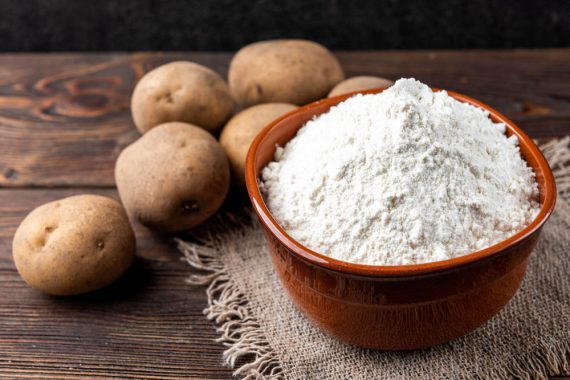
Potato starch granules are large and swell and solubilize more readily than those of cereal starches. Potato starch produces pastes with high viscosity and a subtle grainy appearance. Cooked potato starch is more sensitive to shear than cereal starches.One of the main uses for potato starch is as a thickener in a variety of recipes because it absorbs water effectively.Potato starch is a versatile product that’s used in food production and by home cooks to improve the texture of many foods.
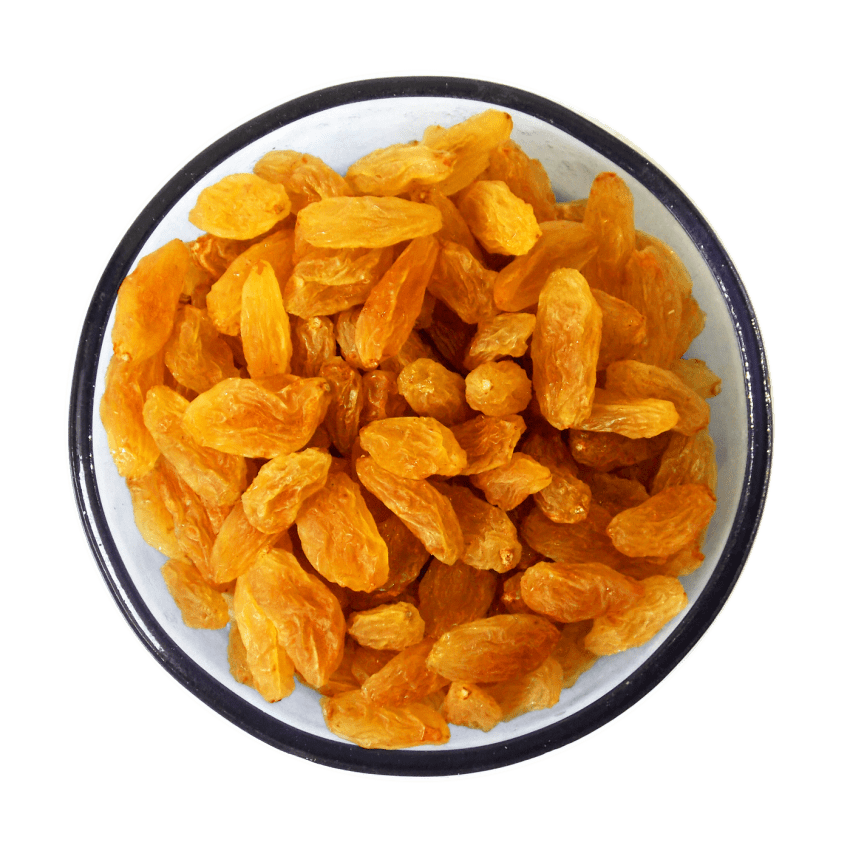
Raisins are dried fruit obtained by drying fresh grapes. Raisins are considered a healthy snack due to their nutritional value and are used in many dishes and desserts. Some of the benefits of grapes are: High fiber content: Raisins are good for digestive health and can prevent constipation due to their high fiber content. Antioxidants: Raisins are rich in antioxidants. Antioxidants help protect healthy cells by reducing the harmful effects of free radicals in the body. Source of iron: Raisins are rich in iron, which is beneficial for blood health. Iron is necessary for the production of red blood cells. Source of potassium: Raisins are rich in potassium, which is good for heart health. Potassium is important for a regular heartbeat and can regulate blood pressure. Bone health: Grapes contain minerals like calcium and boron that are beneficial for bone health. However, since raisins contain high amounts of natural sugar, people with sugar sensitivities and diabetics may need to limit their consumption. In addition, it should be remembered that raisins are high in calories and excessive consumption can lead to weight gain.

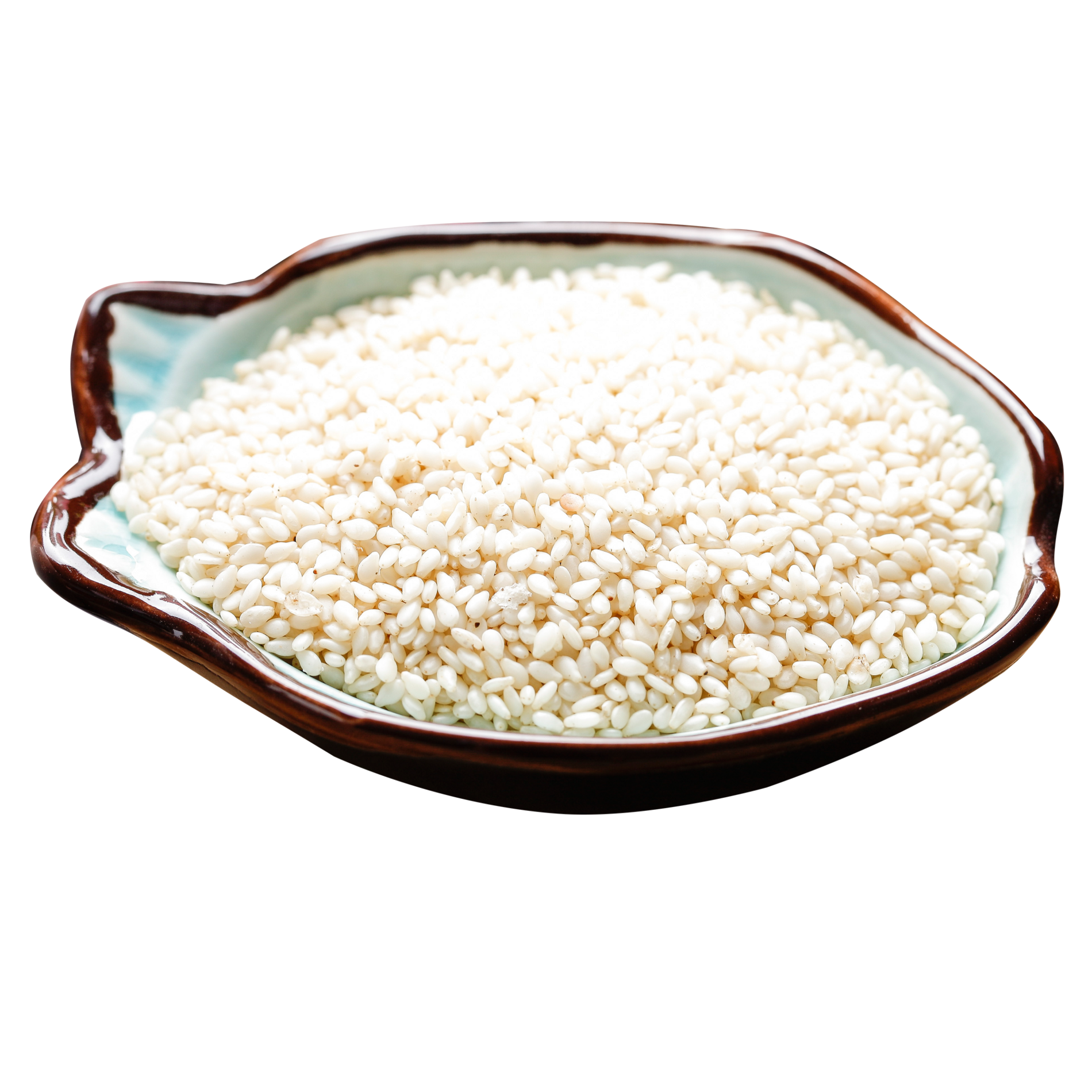
White sesame is a seed that is often used in meals, salads and snacks. Sesame seeds provide a nutritional profile and provide many health benefits. The benefits of white sesame are: Source of protein: Sesame is a plant-based source of protein and is especially important for vegetarians and vegans. Minerals: Sesame is rich in minerals like calcium, iron, magnesium, phosphorus and zinc. These minerals are important for many bodily functions, including bone health, energy production, nerve function, and infection prevention. Fatty acids: Sesame contains healthy fats, especially oleic acid, linoleic acid, and alpha-linolenic acid. These fats are good for heart health and can lower LDL cholesterol. Antioxidants: Sesame contains lignans and phytosterols with antioxidant properties. These compounds provide health benefits by preventing cell damage caused by free radicals. Blood sugar control: Sesame contains magnesium that helps control blood sugar. However, people with sesame allergy should not consume it. Also, since sesame is a high-calorie food, excessive consumption can lead to weight gain.

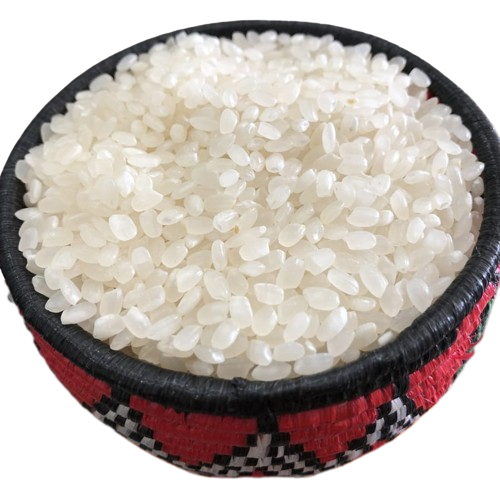
Japonica rice is a popular type of rice in our daily life. However, few people know that regular consumption of japonica rice has many benefits for the body. Japonica is a popular rice used in everyday life, especially in sushi dishes. Japanese rice grains are round, short and smooth, usually white in color and have a delicate aroma. Japanese rice also contains amylopectin, so when cooked it is usually more elastic, sweeter, softer and fuller in flavor than other types of rice.

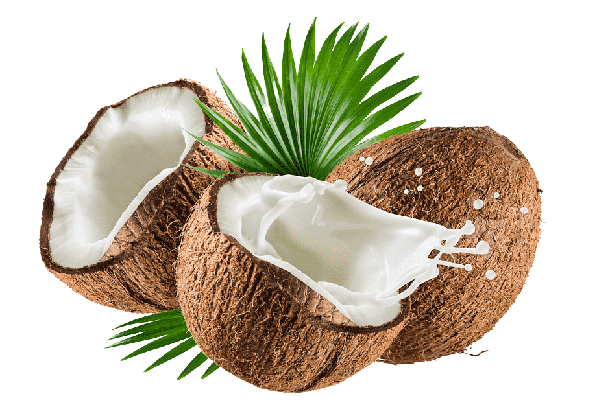
Coconut is a versatile food that can be used in many different ways and has many health benefits. For example: Weight management: Coconut contains saturated fatty acids, which slow down the process of fat storage in the blood. For this reason, coconut production can be beneficial for weight management. Heart health: Coconut oil contains lauric acid, which is beneficial for heart health. Also, by reducing bad cholesterol levels, coconut oil helps reduce the risk of heart disease. Immune system: Coconut can boost the immune system as it has antimicrobial properties. Also, coconut oil contains lauric acid, which protects against infections. Stomach health: Coconut oil can be used to relieve vomiting, diarrhea and other digestive problems. Also, coconut oil can improve digestive health by killing gut bacteria. Facial health: Coconut oil has moisturizing and anti-inflammatory properties for the face. It can also be used to treat pimples, acne and other problems on the face. Hair health: Coconut oil can help moisturize and condition hair. Also, it helps to reduce hair loss and increase the shine of hair. Coconut also provides energy, reduces stress, improves bone health, protects teeth and has many other benefits. However, coconut oil is high in calories, so portion control is very important when using it.


Known as "true cinnamon", Ceylon cinnamon is native to Sri Lanka and southern India. It is made from the inner bark of the Cinnamomum verum tree. Since Ceylon cinnamon is expensive, it is not widely available in the market. An important feature of Ceylon cinnamon is that it contains less coumarin and essential oil than other types of cinnamon. Ceylon cinnamon bark is usually quite soft, slightly dark brown in color and has a slightly sweet taste, less bitter since it contains only 50-63% cinnamic aldehyde compounds. Standard Ceylon cinnamon also has an incredible flavor. If you prepare something with the Ceylon cinnamon recipe, the whole house will be filled with a truly intoxicating aroma.

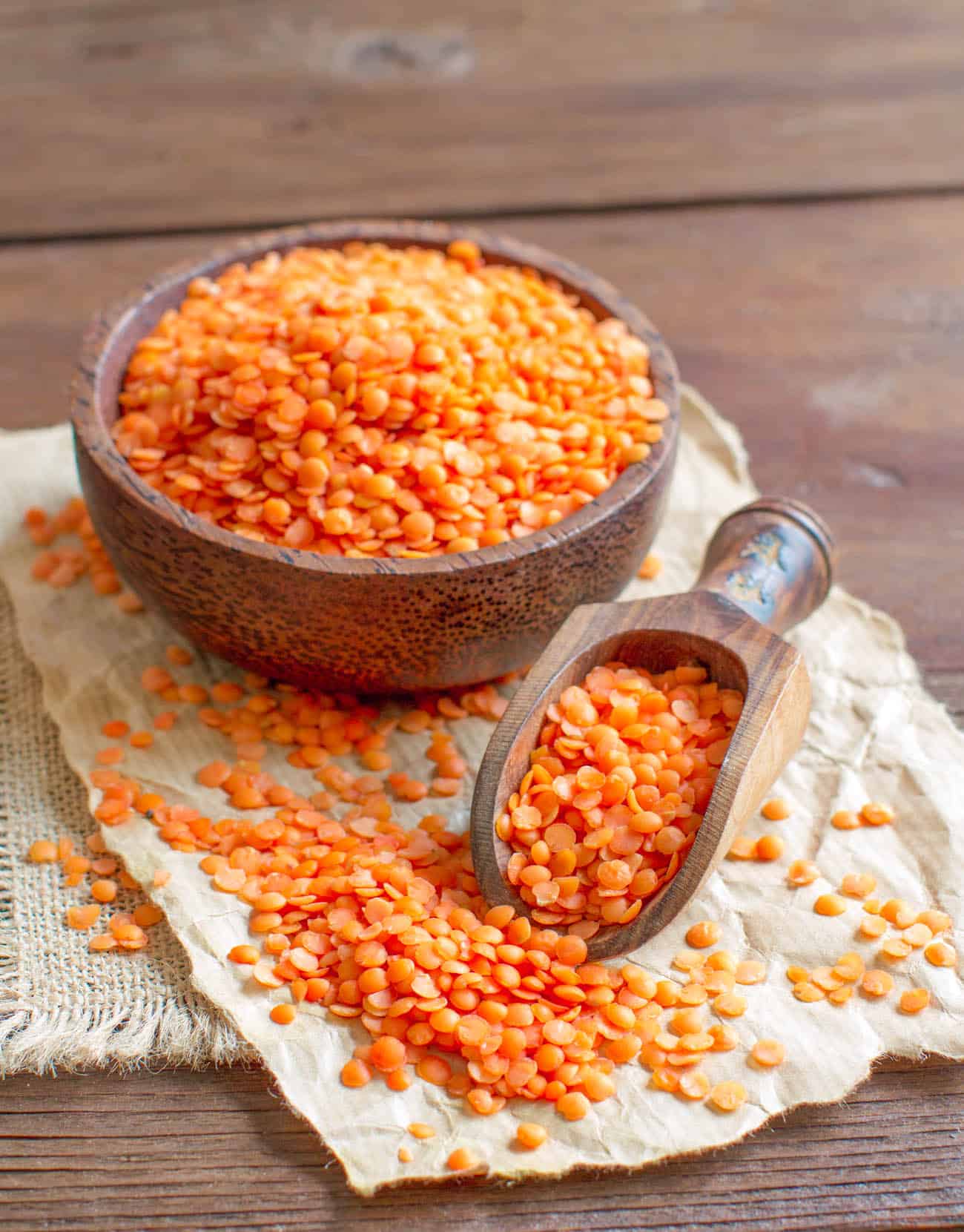
Lentils are a high-protein pulse that is dried and then soaked and cooked before eating. Lentils vary in size, and are sold in many forms, with or without the skins, whole or split.Lentils are one of the earliest domesticated crops, seen in the diets of ancient Rome and Egypt. Many countries enjoy lentils as a dietary staple, as they offer an earthy, mild, nutty flavor that works well in various recipes. Canada leads the world’s production of lentils, followed by India.

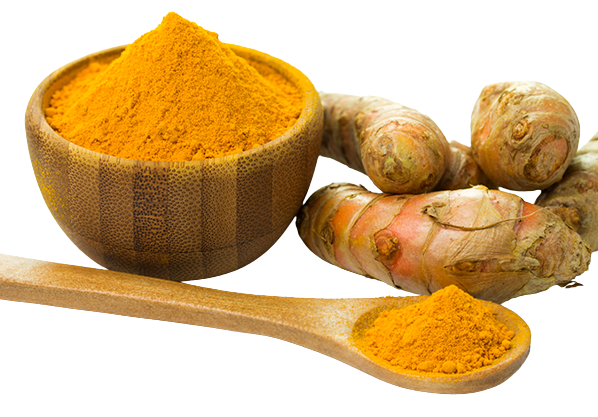
Turmeric is a perennial herb from the ginger family, characterized by its yellow flowers and large leaves. It is often referred to as "Indian saffron," "yellow color," "saffron root," or "yellow straw" and is widely used in Asian countries. Turmeric, derived from the roots of this plant, is a spice rich in curcumin, a compound known for its potent antioxidant properties. Curcumin is a yellow, water-insoluble, light-sensitive, hydrophobic, and tautomeric compound with a bitter taste. As a polyphenolic compound, turmeric holds significant importance in Indian medicine. It is commonly used to treat colds, coughs, sinusitis, rheumatic diseases, and skin conditions. This versatility has made turmeric widely cultivated in India and China. Due to its blood-cleansing and skin-softening properties, turmeric is a key ingredient in creams and soaps used to treat skin diseases, as well as in home remedies for cuts and wounds. Additionally, curcumin has been shown to have preventive effects against leukemia, gastrointestinal cancers, lung cancer, cancers of the genitourinary system, ovarian cancer, and breast cancer. Its antioxidant and anti-inflammatory properties also play a critical role in preventing Alzheimer's disease, cataracts, multiple sclerosis, liver damage, heart attacks, strokes, and many other illnesses.
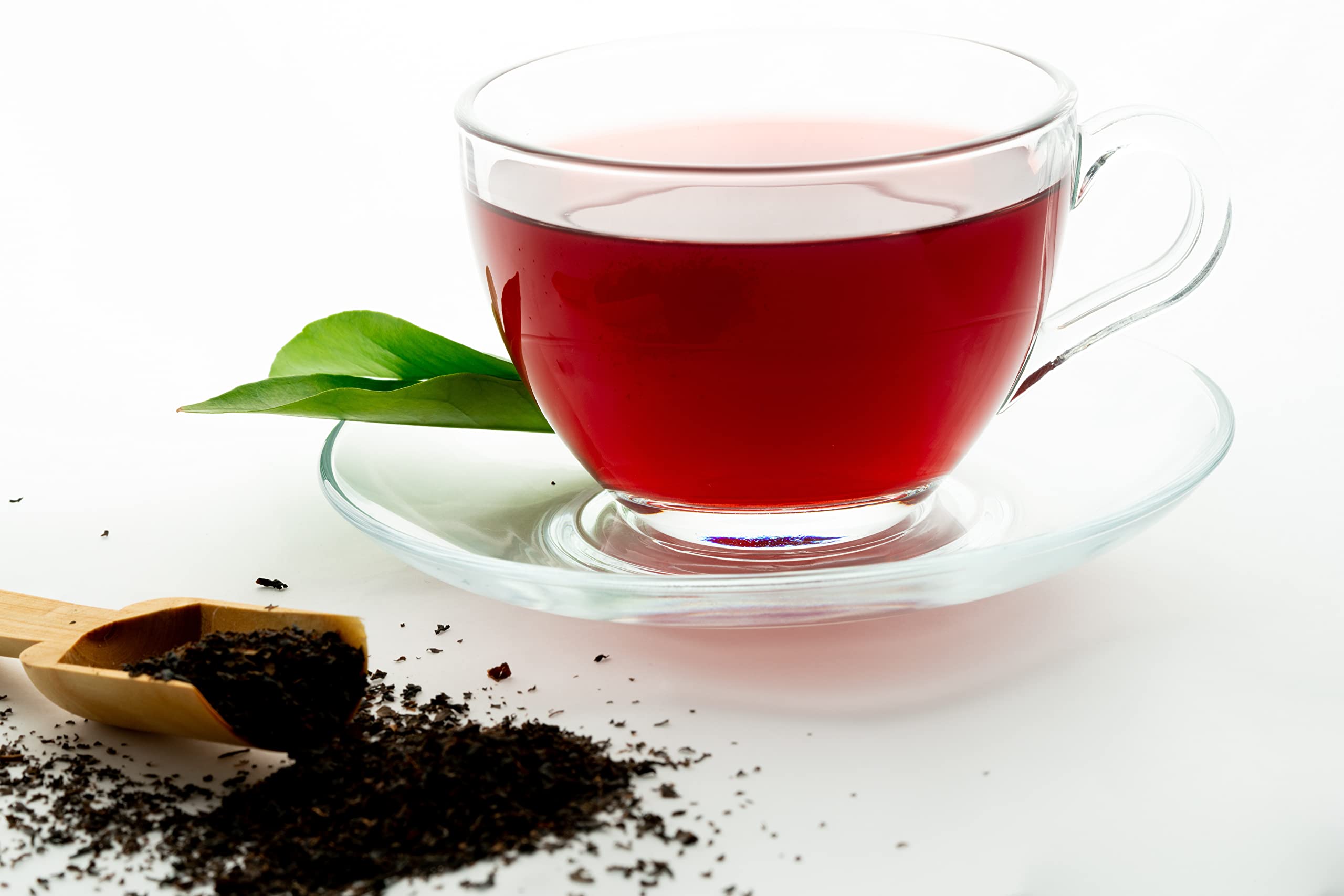
İmperator tea Sri Lanka is grown in the southern region of Sri Lanka, which is known as the symbol of tea worldwide. The plantations' warm climate and unique soil conditions give the tea a beautiful color and a distinct taste that emerges as it steeps.
Rich taste: The tea has a rich and full-bodied taste. Each cup has a unique aroma and a balanced flavor. Quick brewing: Steep the tea at 100°C for only 4-5 minutes for a perfect brew. This feature makes it ideal for those who need quick tea preparation, especially in the HORECA (Hotel, Restaurant, Cafe) sector. Long-lasting quality: Even after steeping, the tea maintains its rich color and does not change its taste. This is a sign of the tea’s quality and purity.
Quick brewing and long shelf life: The HORECA sector benefits from this tea due to its fast brewing time and high quality, providing customers with excellent tea quickly. Unique freshness: You can offer your customers a special experience with İmperator tea Sri Lanka, known for its rich taste and unique qualities.
Brewing temperature: Steep the tea at 100°C. Brewing time: Steep for 4-5 minutes for a perfect brew. This ensures the tea fully releases its flavor and aroma.
İmperator tea Sri Lanka is a unique choice designed for tea lovers who appreciate quality. Combining the best quality of Sri Lankan tea, this tea is an ideal offer for the HORECA sector. If you want to offer your customers a high-quality, quick-brewing, and rich-tasting tea experience, İmperator tea Sri Lanka is the best choice. We sell teas in 5 kg bags, which allows us to offer them to cafes and restaurants at a reasonable price. This is the slogan of the HORECA tea line of FOOD GRADE LLC; We sell tea, not packaging